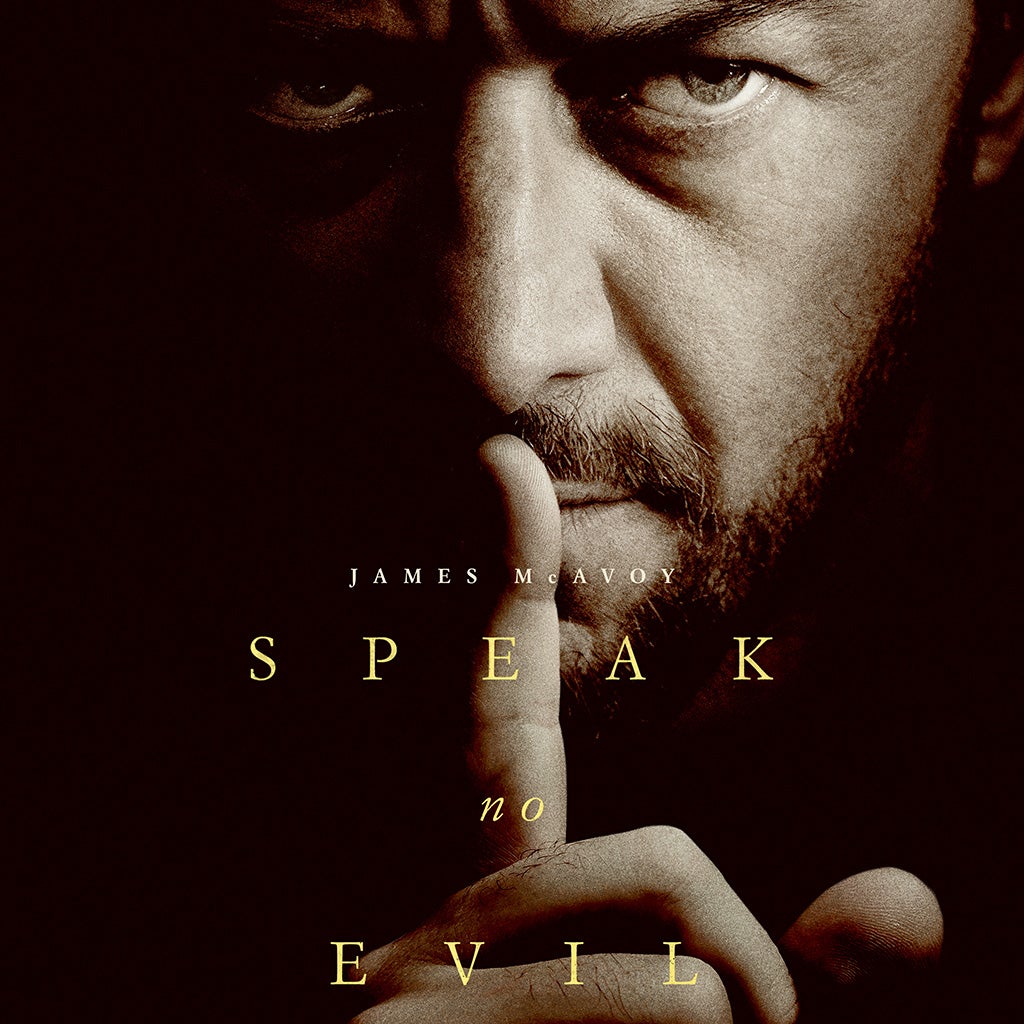
Speak No Evil (2024)
Overview/Synopsis
In this 2024 remake of the Danish thriller Speak No Evil (2022), two families—one polite and reserved, the other socially forward—meet during a holiday in Italy. After their initial vacation together, the socially forward couple, portrayed by James McAvoy and Aisling Franciosi, sends a postcard inviting the polite couple, played by Mackenzie Davis and Scoot McNairy, to their home. What starts as a friendly weekend visit takes a dark turn as boundaries are crossed, politeness is manipulated, and the true motivations of both families come to the surface. This version deepens the original’s exploration of social discomfort, highlighting marital strain, cultural nuance, and the power of choice, transforming the narrative into a sharp commentary on family dynamics.
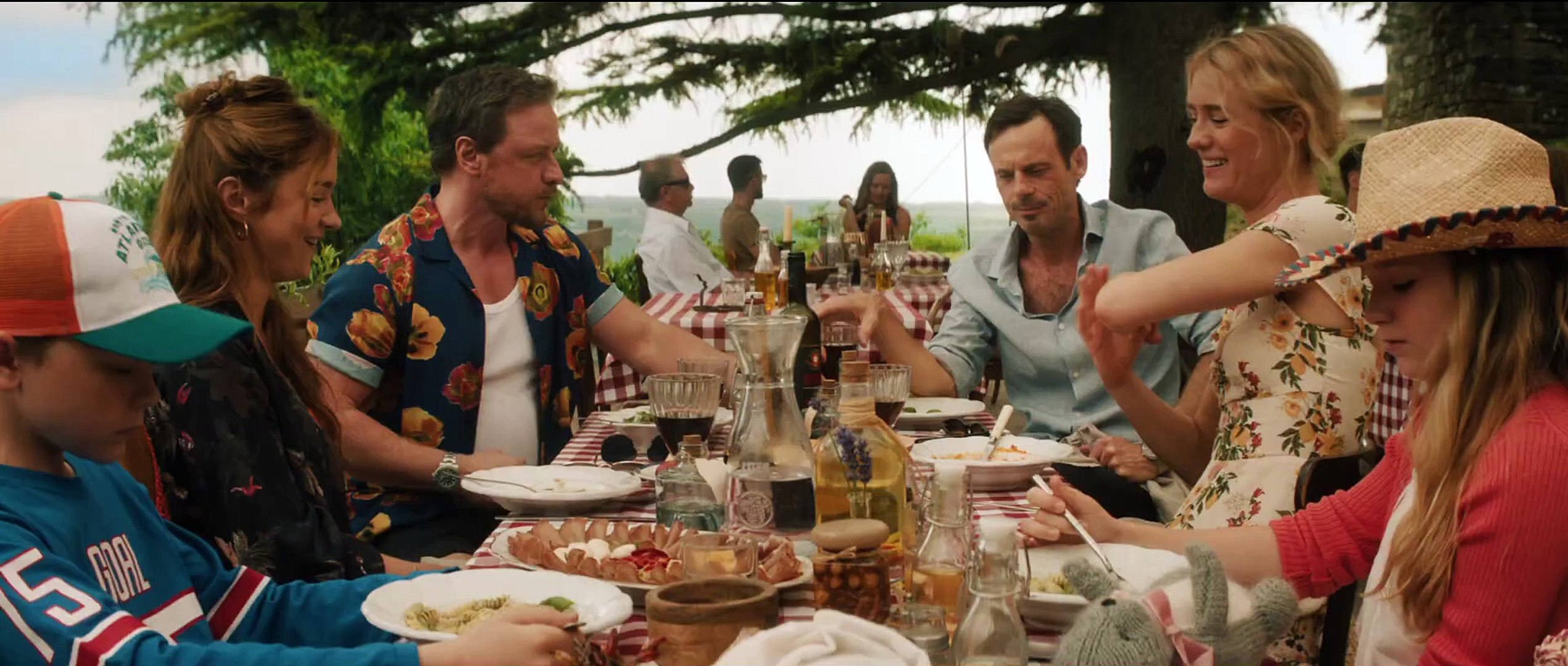
First thoughts
This version, while following the same framework as the original, offers a fresh perspective that could open doors to a potential franchise exploring global cultural dynamics. The film’s focus on relational manipulation and moral dilemmas yields rich potential for future versions set in different countries—Brazil, Japan, and beyond—each delving into how various cultures would navigate similar scenarios. The 2024 iteration stands out for its nuanced portrayal of choice, victimhood, and partnership, elevating the original story to something deeper and more thought-provoking.
Characters/Portrayal
James McAvoy and Aisling Franciosi anchor the film as Paddy and Ciara, delivering stellar performances as a socially forward couple engaged in a psychological tug-of-war with their more reserved counterparts. There are striking differences between the husbands and wives, particularly their levels of emotional emptiness. Ben’s lackluster demeanor contrasts sharply with Bjorn’s (Danish) emptiness, while Louise’s wokeness is challenged, differing from the Danish Louise, who confronts others who disrespect her. Both Paddy and Patrick (Danish) exude charm and manipulation, but Paddy’s approach feels more like an intentional test of boundaries, focusing on how the game will play out rather than the need to win. In the 2024 version, Ciara emerges as a psychopath seeking to fill a nurturing role with the children involved. In contrast, Karin (Danish) seems more engaged in playing psychological games with her guests. These nuanced differences add layers of complexity to the character dynamics, showcasing both films’ ability to explore the darker undercurrents of family interactions.
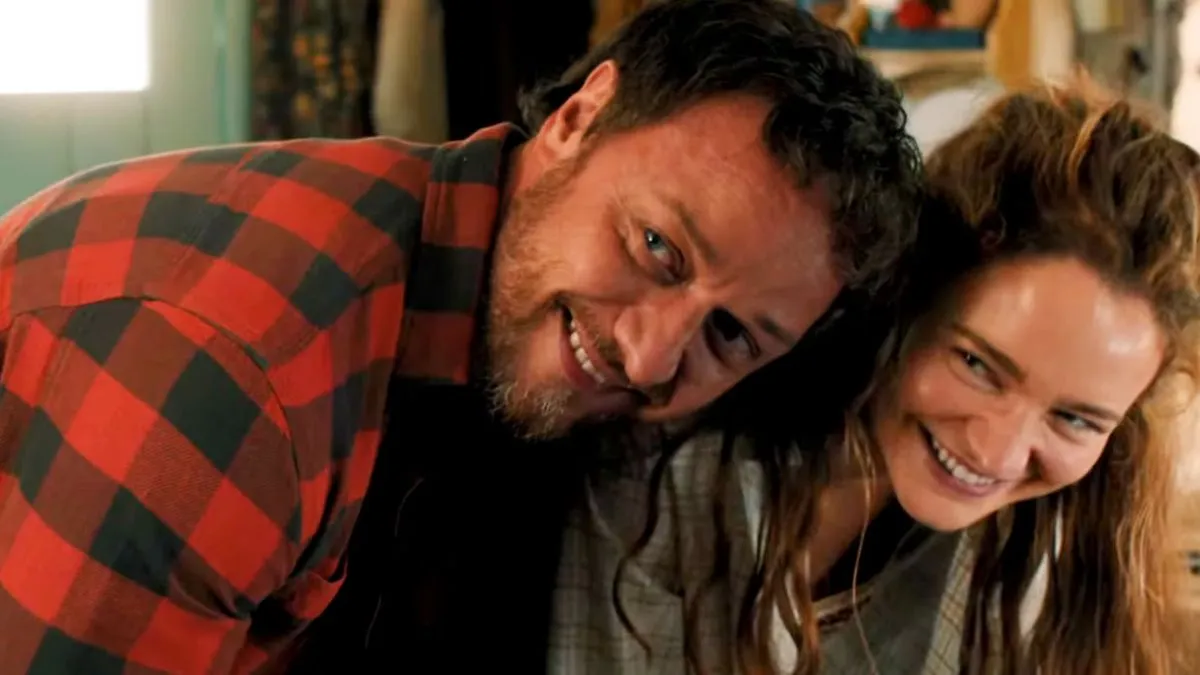
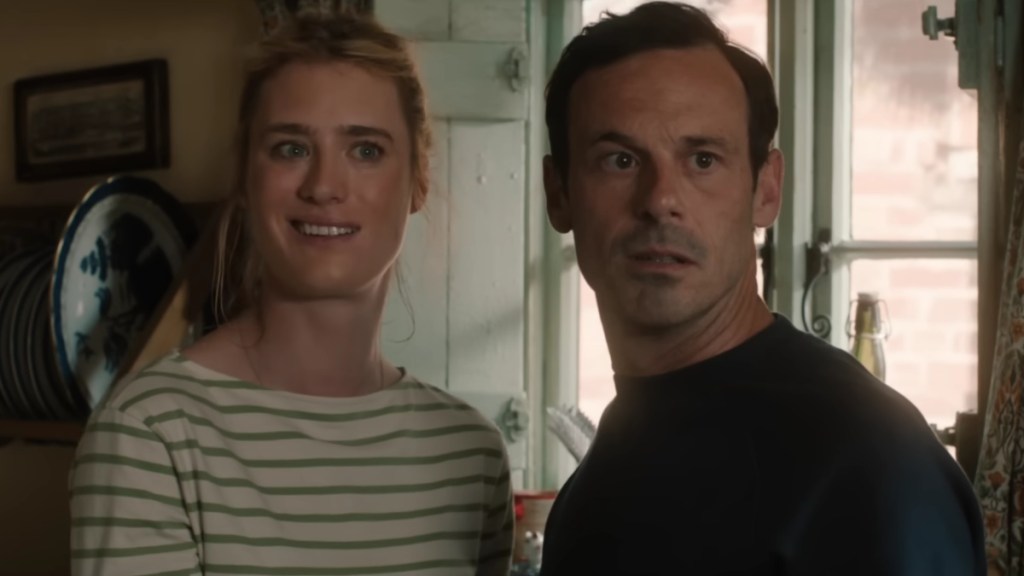
Writing
Each conversation between the two couples is loaded with unspoken power struggles, and leads the audience to question who is in control. The social dynamics and manipulation are written with sharp precision, though the film falters slightly in its action sequences, particularly during the escape attempts, which at times feel forced and unrealistic as the family in dire straits ascends the stairs to escape. Still, the strong exploration of partnership and moral compromise is thoroughly engaging and makes this a strong second installment rather than just a remake.
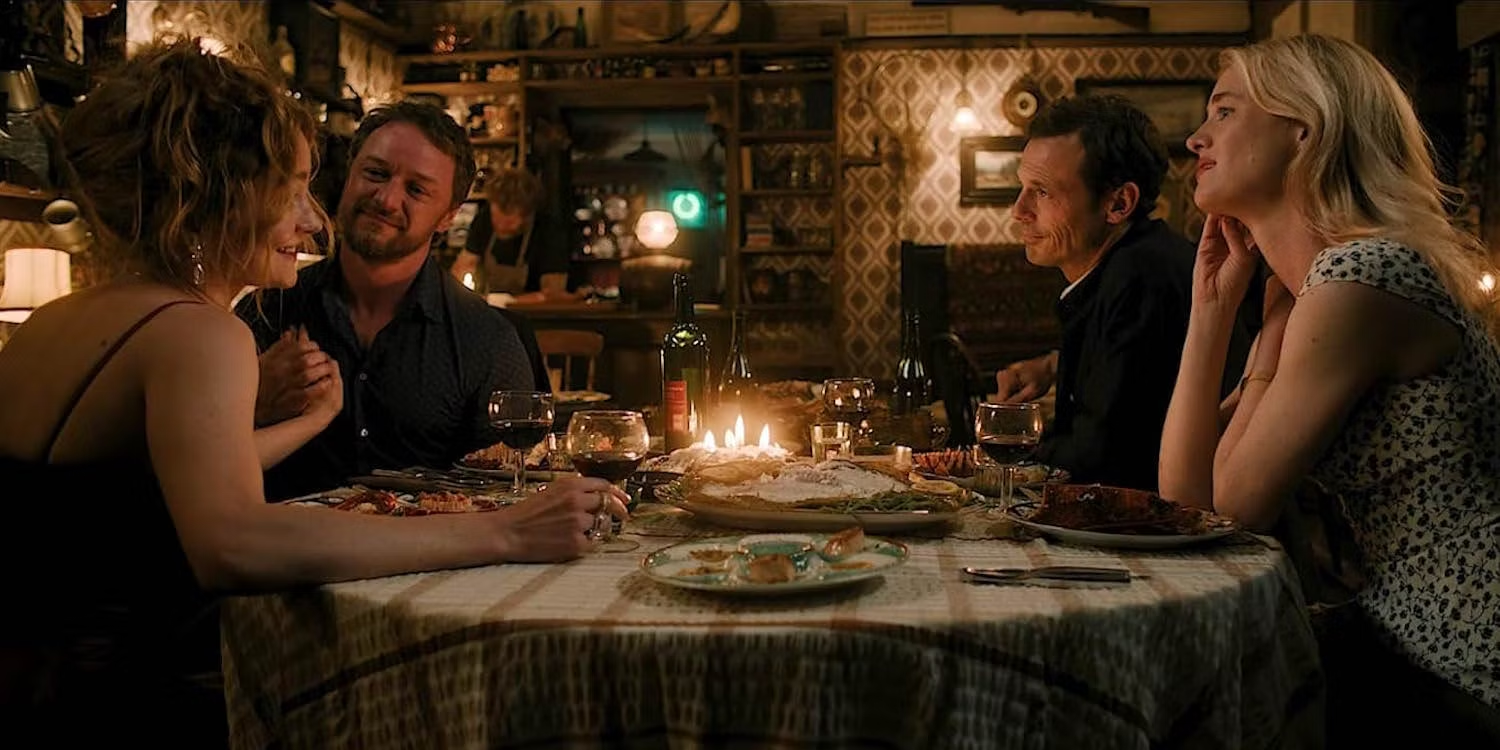
Direction
Director James Watkins, known for Eden Lake and The Woman in Black, expertly establishes a disarming tone that transforms a picturesque weekend getaway into a claustrophobic, unsettling experience. Watkins skillfully captures the idyllic beauty of the UK coastline, making it easy to fall in love with both the setting and the charming personas of Paddy and Kiara. However, as the story unfolds, cracks appear beneath this seemingly pleasant facade. The pacing accentuates the slow buildup of discomfort, though some action-oriented sequences occasionally lack the tautness or urgency of earlier dialogue-heavy scenes. Still, Watkins excels at portraying the tension between the couples, particularly during moments of moral, ethical, and parental confrontation. Weaponized emotions tear at the fibers of political correctness, resonating throughout the families’ interactions. In the end,, the director’s ability to evoke horror amid serene surroundings underscores the film’s unsettling nature and its exploration of bad choices and moral dilemmas.
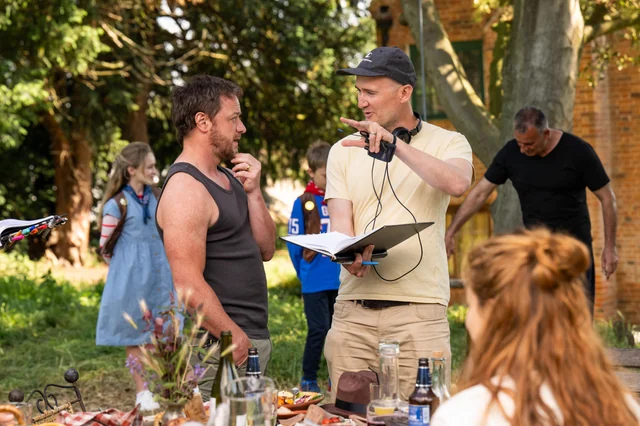
Pacing
The building pace of the film resembles an orchestral piece, beginning with the postcard-perfect happiness of a family vacation and then spiraling into chaos. This deliberate approach highlights social awkwardness and slow-burn tension. However, it lingers too long in this postcard bliss. The transition into discomfort mirrors the car ride scene, where claustrophobic bumps give way to stunning coastal views. While the intent may have been to confound the audience’s sense of rhythm, the pacing does not fully align with the escalating tension of the dialogue, particularly during the scene of the polite family’s return.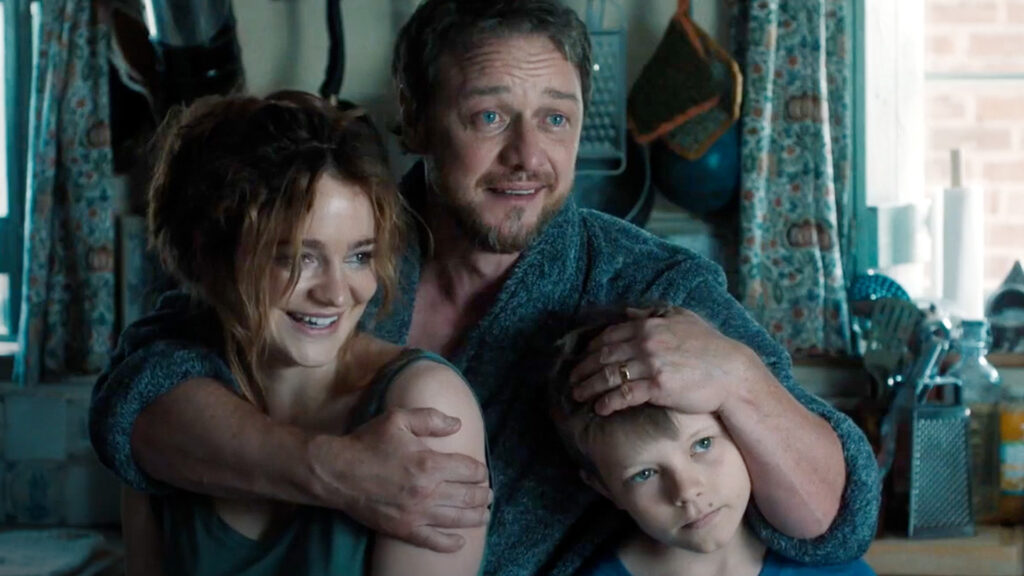
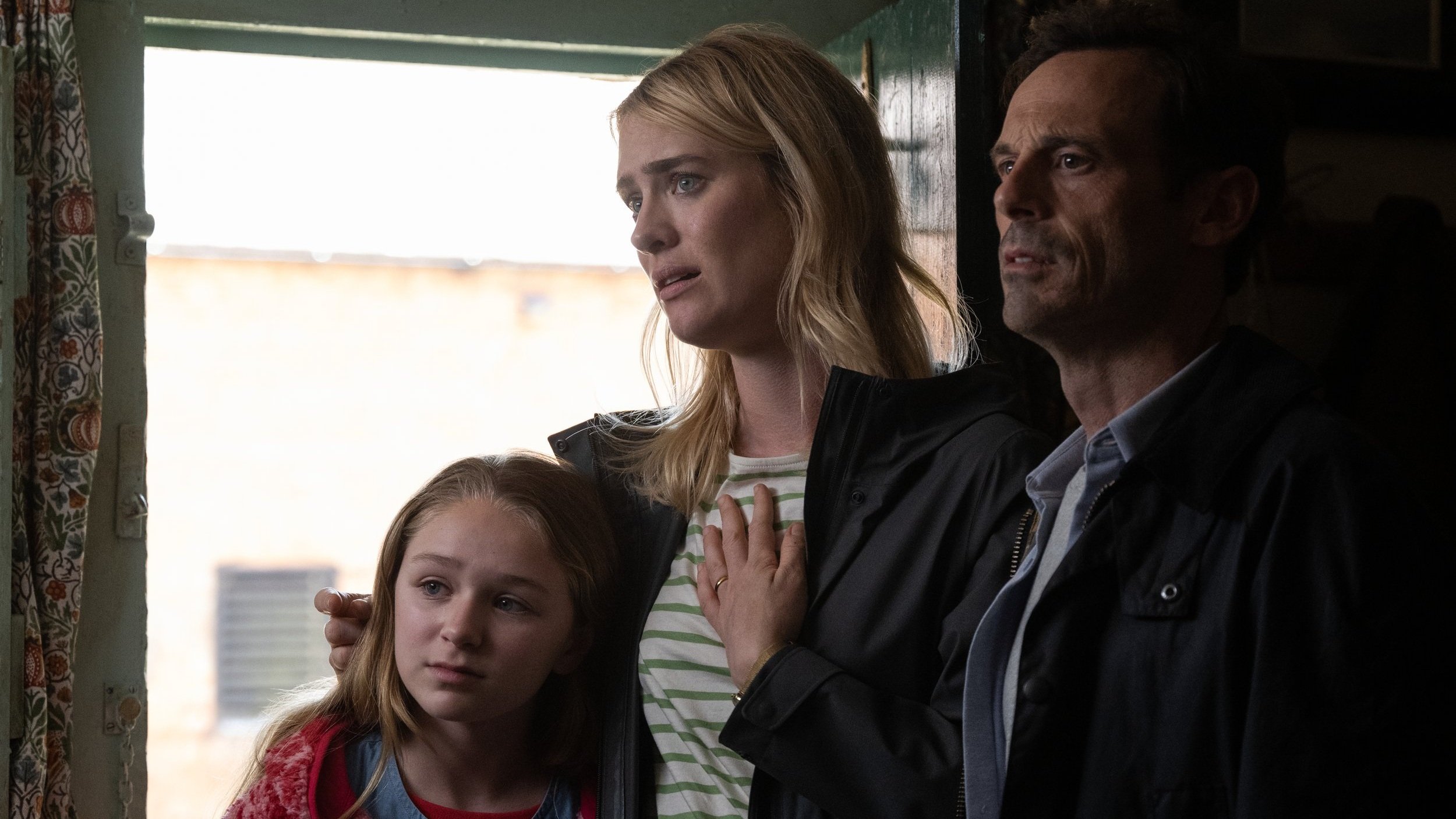
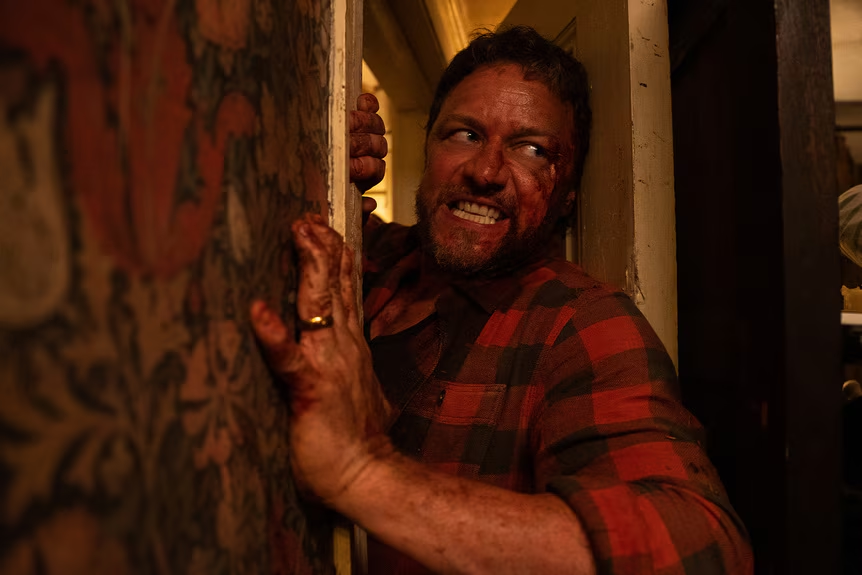
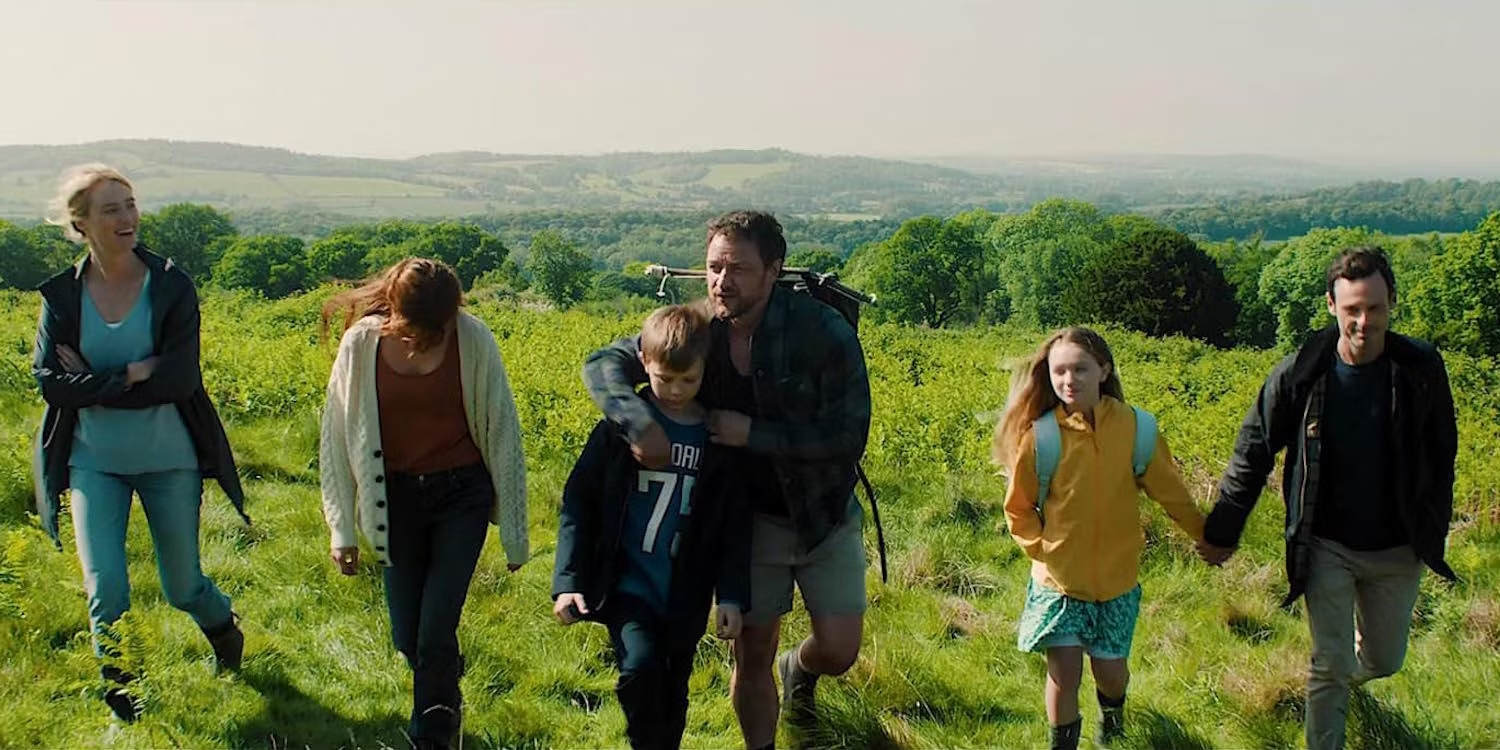
Visuals
The UK’s serene coastal landscapes starkly contrast with the film’s underlying psychological horror. While the cinematography creates an isolated, eerie atmosphere, it falls short of fully exploiting the forest as a character imbued with dark tension. The natural environments enhance the sense of isolation, yet there are moments when the visuals could more deeply reflect the characters’ emotional journeys.
Sound Design/Orchestration/Soundtrack
The sound design subtly amplifies the tension with moments of eerie silence and restrained scoring. While effective at building unease, the soundtrack sometimes fades into the background without leaving a lasting impression. It complements the story well, but could have done more to elevate the psychological horror through sound, especially in key moments of dread.
Final Thoughts…for now:
The 2024 remake of Speak No Evil expands upon the original’s exploration of manipulation, politeness, and social dynamics, with standout performances by McAvoy and Davis that add rich complexity to the story. The film justifies its existence by offering fresh nuances, particularly in its exploration of family relationships under pressure. While there may be some debate about the need for a remake, this version suggests that further cultural iterations could examine how different societies handle manipulation, morality, and survival under duress.
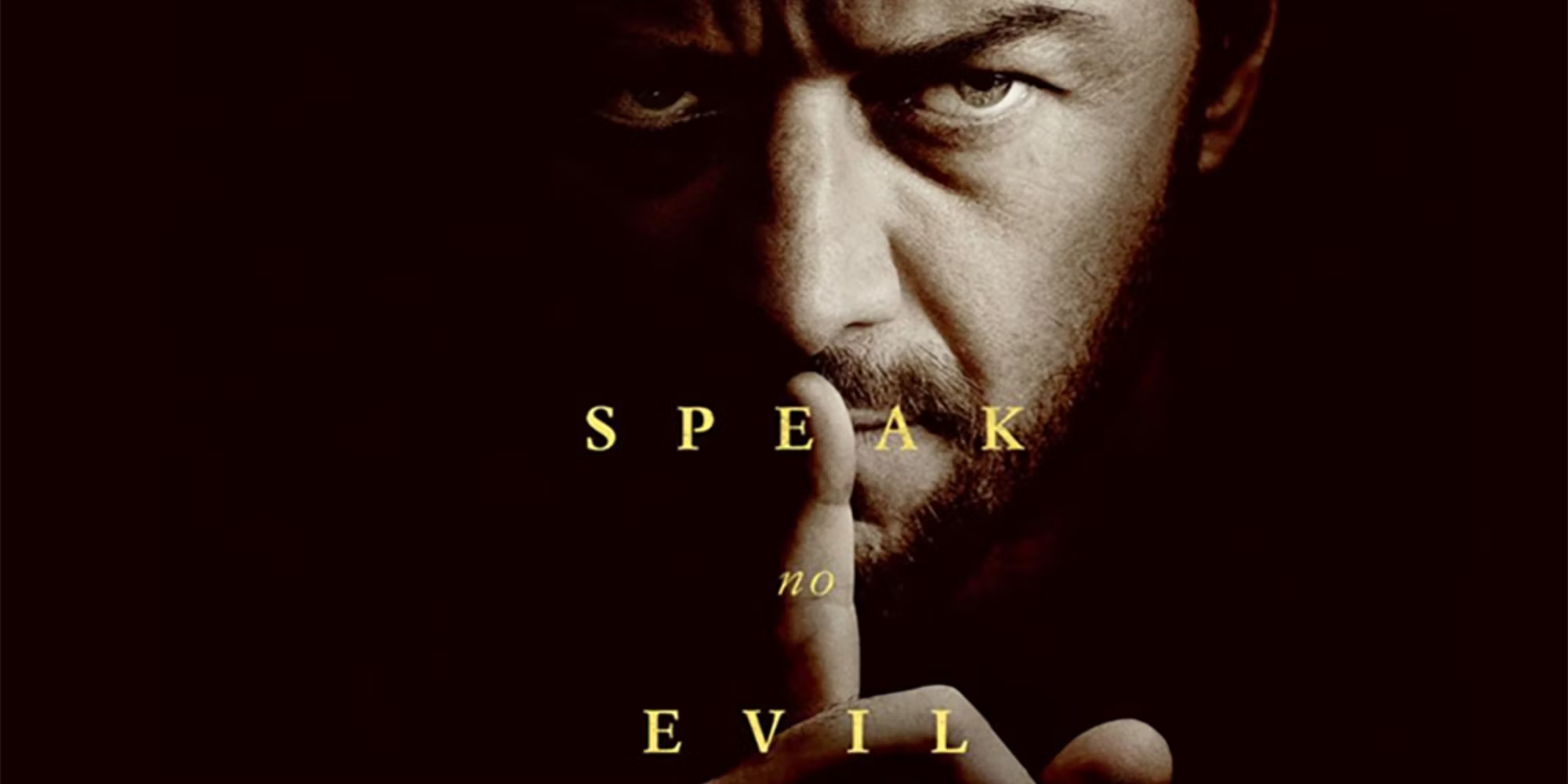
Cast:
James McAvoy (Paddy), Mackenzie Davis (Louise Dalton), Scoot McNairy (Ben Dalton), Aisling Franciosi (Ciara), Alix West Lefler (Agnes Dalton), Dan Hough (Ant)
Director: James Watkins
Writers: Christian Tafdrup, Mads Tafdrup, James Watkins